Saudi Arabia to reopen embassy in Syria after more than a decade of closure
Saudi Arabia and Syria have agreed to reopen their embassies after cutting diplomatic ties more than a decade ago when the foreign-sponsored Syrian conflict started, a report says.
Reuters news agency, citing a source with knowledge of the matter, reported on Thursday that contacts between Riyadh and Damascus had gathered momentum following a landmark agreement earlier this month between Iran and Saudi Arabia on the restoration of bilateral relations after seven years.
The two governments were “preparing to reopen embassies after Eid al-Fitr”, which marks the end of the holy fasting month of Ramadan, a second regional source aligned with the Damascus government said.
The decision was the result of talks in Saudi Arabia with a senior Syrian intelligence official, another source noted.
The sources spoke on condition of anonymity due to the sensitivity of the subject.
The high-ranking Syrian intelligence official reportedly “stayed for days” in Riyadh, and an agreement was struck to reopen embassies “very soon.”
One of the sources identified the official as Hussam Louqa, who heads Syria's intelligence committee, asserting that the talks included security on Syria's border with Jordan and measures to combat smuggling of illegal amphetamine Captagon pills from militant-held areas in Syria to the Persian Gulf kingdom.
Captagon is an amphetamine manufactured in Lebanon and probably also in Syria, mainly for consumption in Saudi Arabia, according to the French Observatory for Drugs and Drug Addiction (OFDT).
It is also one of the most commonly used drugs in the Syrian war, where Takfiri militants say it helps them stay awake for days and numbs their senses, giving them stamina for long battles and allowing them to kill with abandon.
The reopening of Saudi embassy in Damascus will be preceded by Saudi Foreign Minister Prince Faisal bin Farhan Al Saud's visit to Syria, during which he will meet Syrian President Bashar al-Assad, Russia's Sputnik news agency reported.
Back in March 2012, Saudi Arabia closed its embassy in Damascus and then severed diplomatic ties with the Syrian government. The government also funded Takfiri militants seeking to overthrow Assad.
The sudden diplomatic breakthrough could indicate how the deal between Tehran and Riyadh may play into the settlement of other crises in the Middle East region.
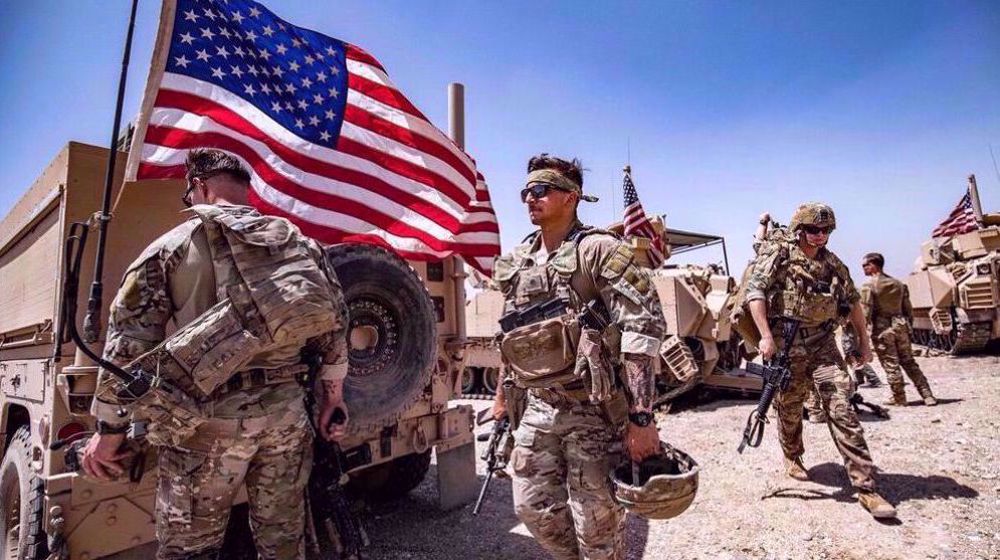
US military to reduce Syria troops to under 1,000: Pentagon
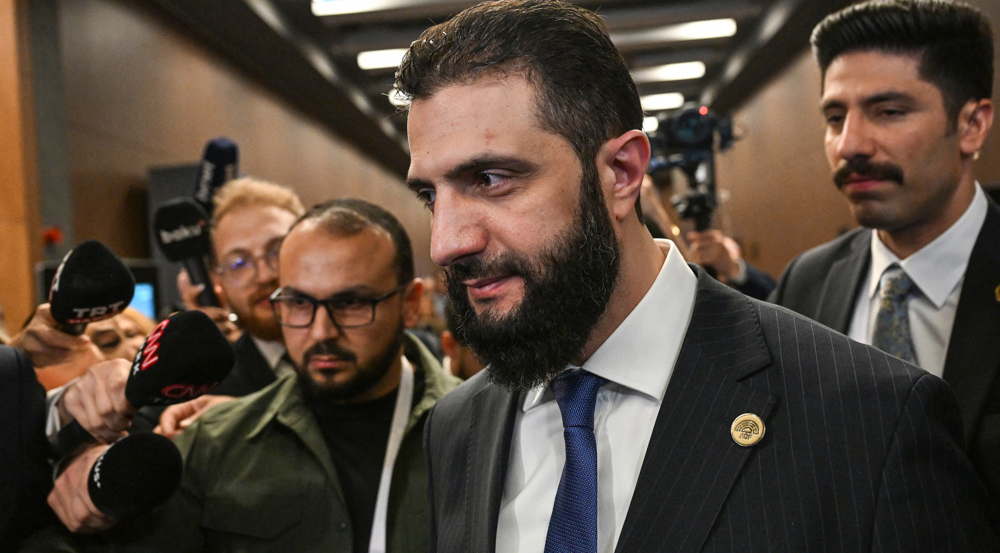
Jolani in Time's 2025 influential list amid sectarian killings in Syria
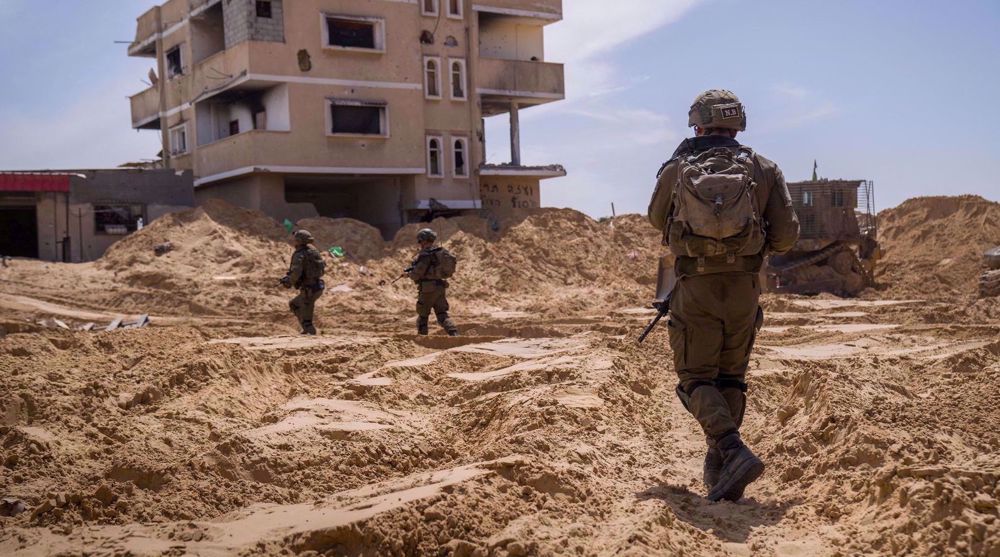
Israeli minister: Troops to remain in Gaza, Lebanon, Syria ‘indefinitely’
US Supreme Court blocks Trump’s deportations under antique law
New US ambassador to Israel breaks into al-Aqsa mosque right after assuming post
Fired employees call for boycott of Microsoft over its role in Gaza genocide
Colombia’s president likens Gaza genocide to Jesus’s suffering
‘A complete meltdown in Pentagon’: Top aides fired amid ongoing leak probe
Israeli bombings kill at least 70 in Gaza, targeting homes, tent camps
Israel is the sole obstacle to nuke-free West Asia: Iran FM
US military to reduce Syria troops to under 1,000: Pentagon


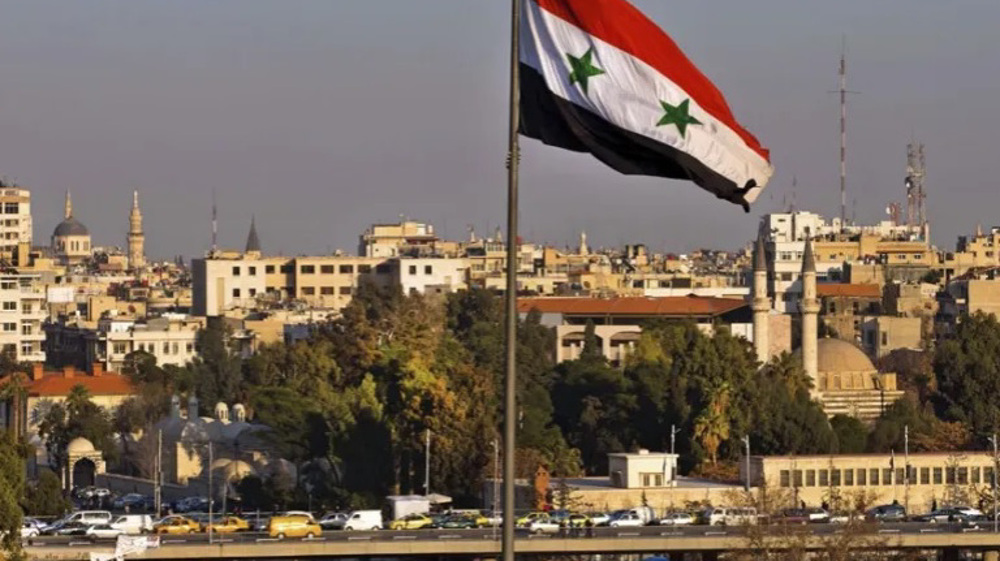
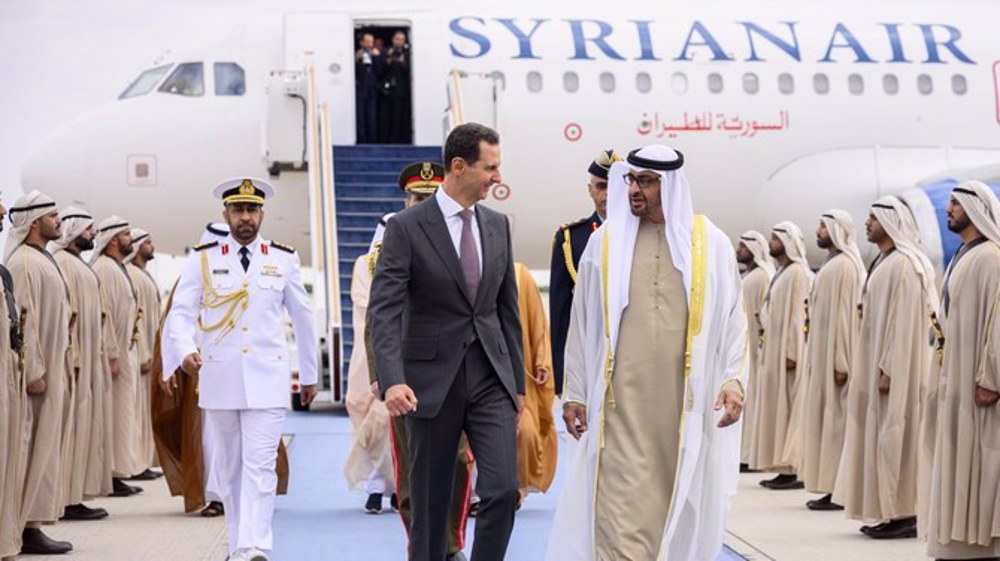




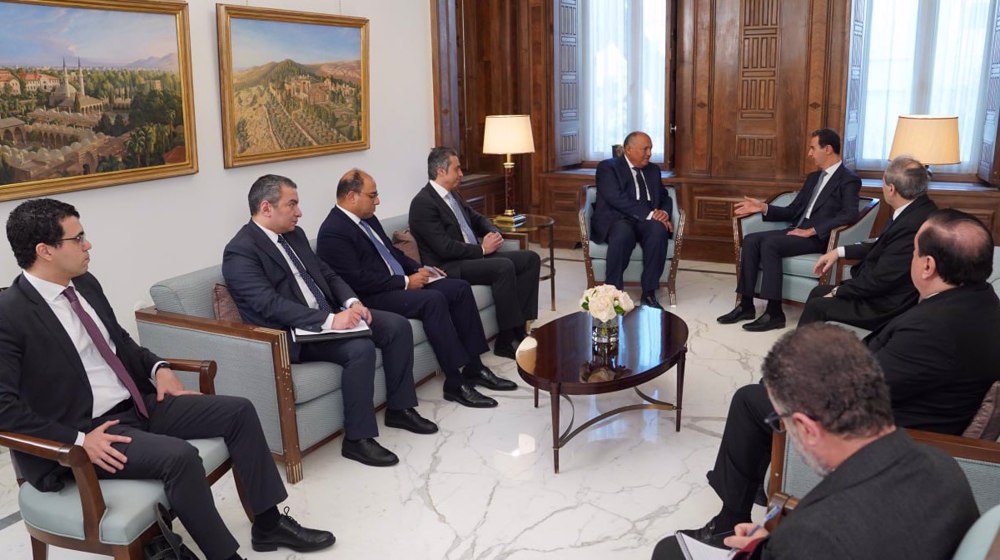
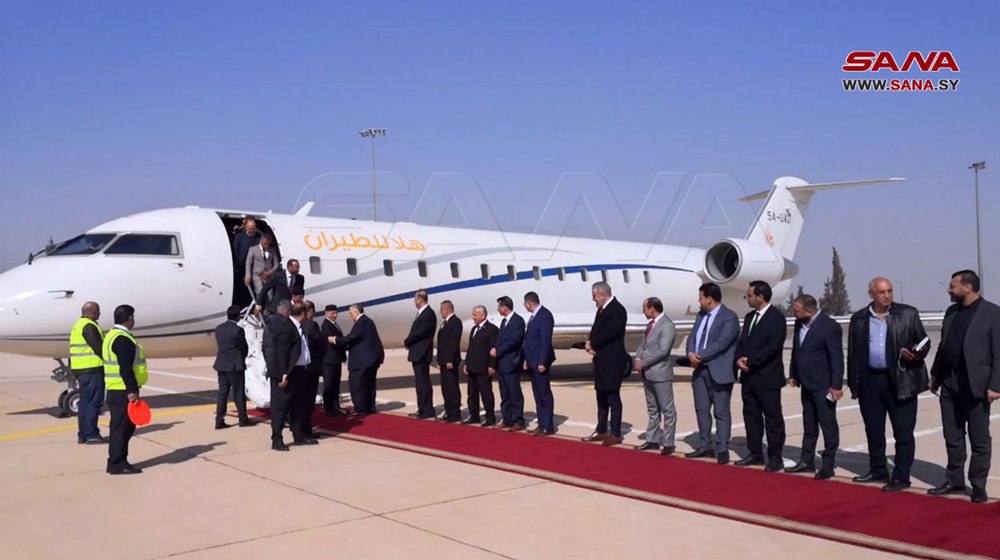
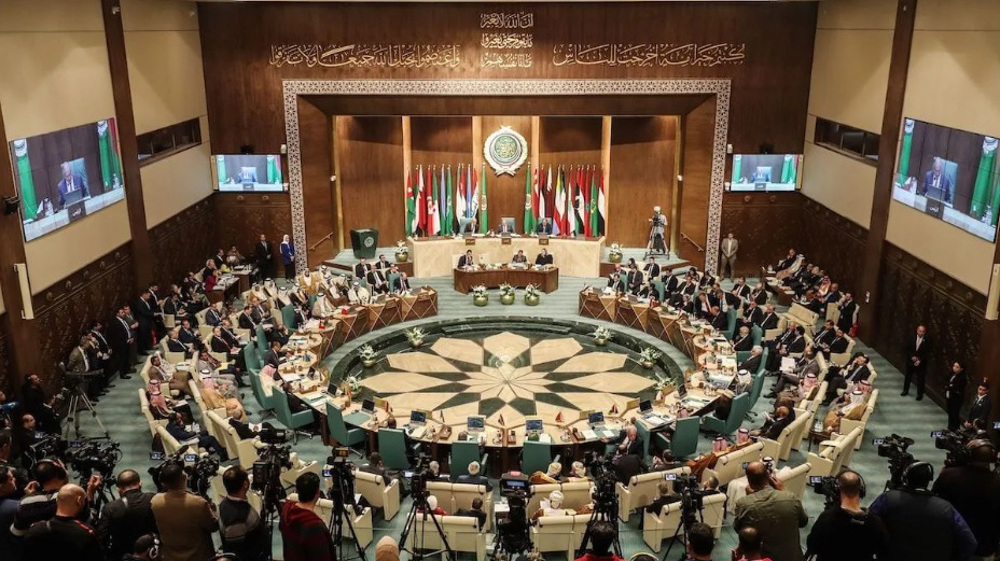

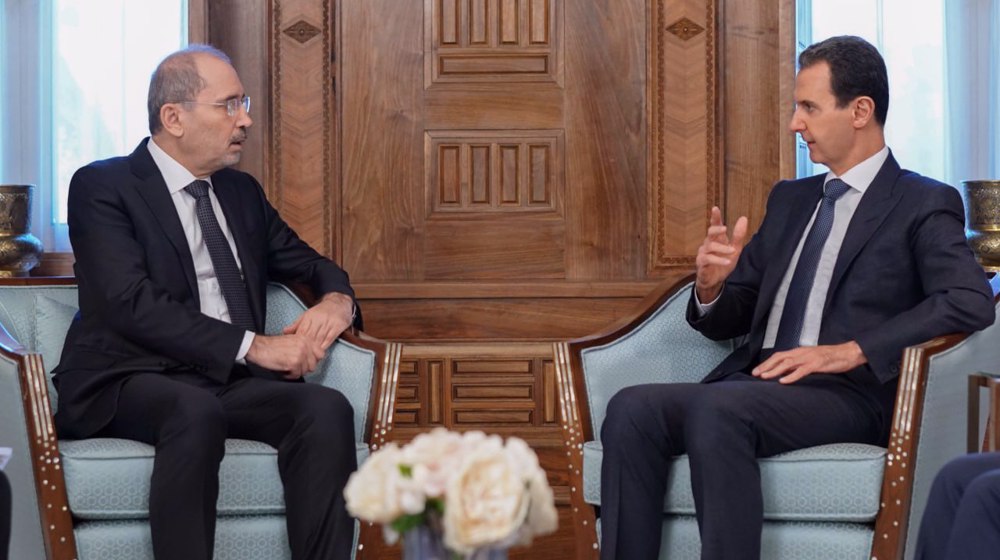
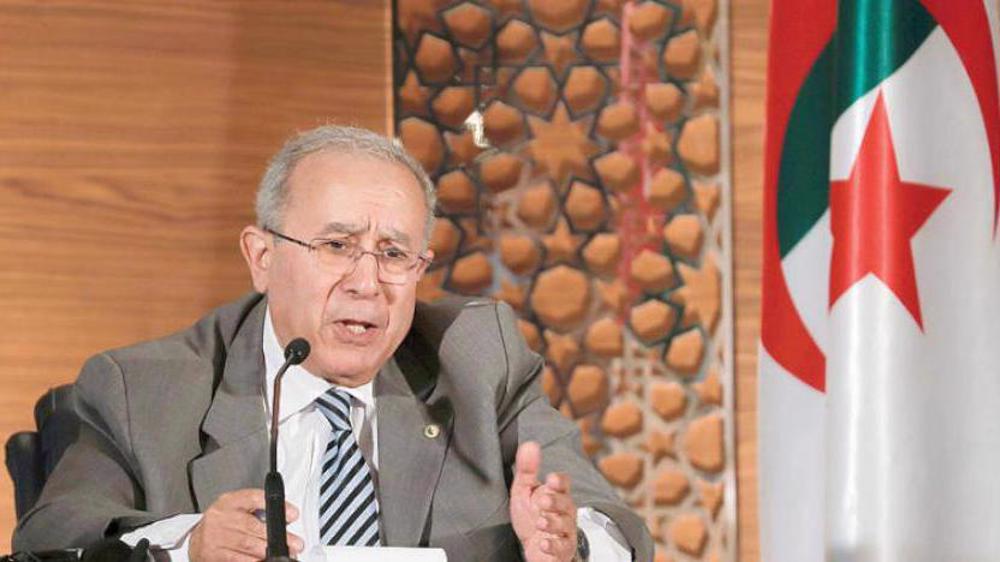
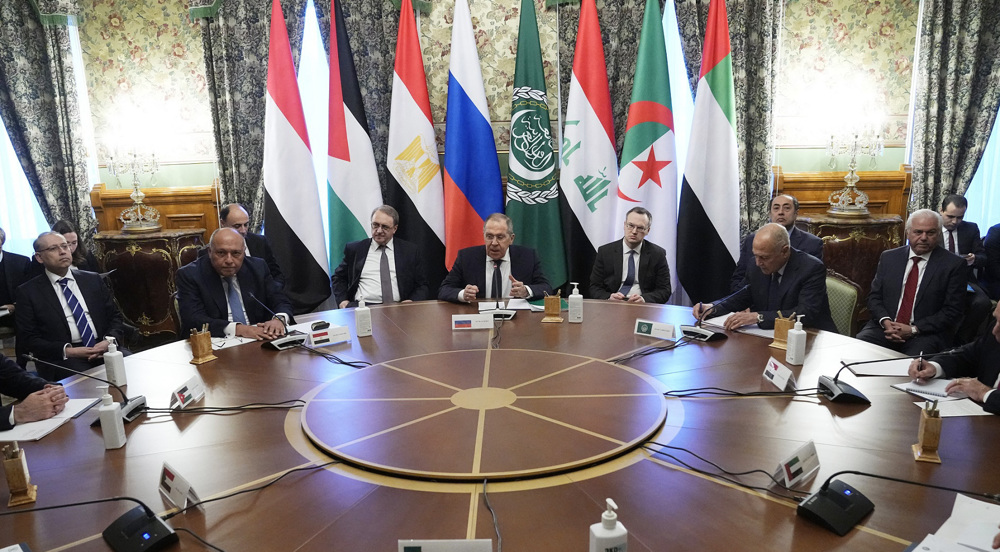
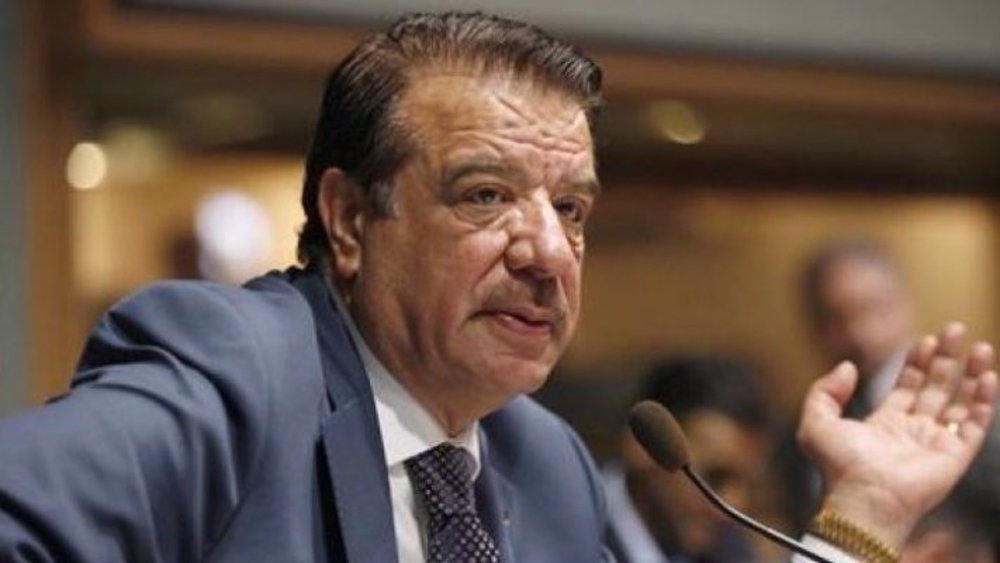

 This makes it easy to access the Press TV website
This makes it easy to access the Press TV website